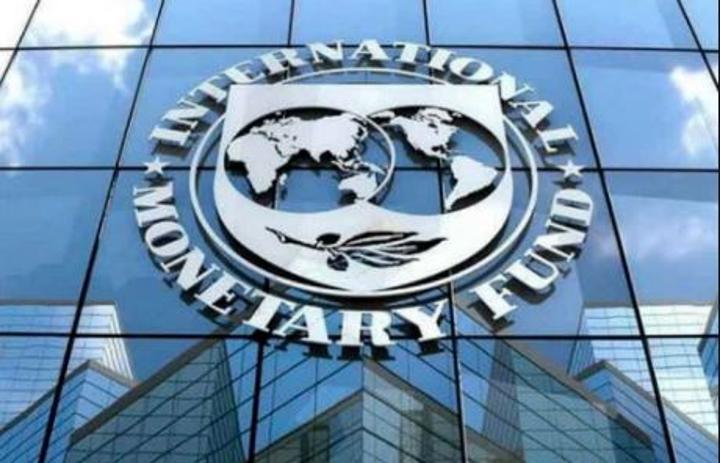Written by
Faridah N Kulumba
Africa-Press – Tanzania. The government of Tanzania on 10 October 2021, outlined how the $567.25 million Rapid Credit Facility (RCF) from the International Monetary Fund (IMF) will be utilised after President Samia Suluhu Hassan warned that she will not tolerate misappropriation of the fund, The Citizen reported.
Background
At the beginning of the month of September 2021, the IMF approved US$567.25 million in emergency financial assistance under the Rapid Credit Facility and Rapid Financing Instrument (RFI) to support the authorities’ effort in responding to the Covid-19 pandemic by addressing the ugent health, humanitarian, and economic costs.
The Executive Board of the IMF approved a disbursement of SDR132.6 million (US$189.08 million) under the RCF and a purchase equivalent to SDR265.2 million (US$378.17 million) under the RFI, a total of SDR397.8 million (US$567.25 million or 100 percent of quota). This emergency financing will help finance Tanzania’s urgent balance of payment needs stemming from the outbreak of the Covid-19 pandemic.
Tanzania’s expenditure of IMF loan
According to Finance and Planning Minister Mwagulu Nchemba, the money would be used to implement development projects in the education, water, health tourism sectors, and to executive projects that benefit the youth, women and children.
Another $100 million- roughly equivalent to Sh230 billion-would go to Zanzibar . Yet more of the funds would be used to construct 15,000 classrooms in secondary schools and 3,000 in primary schools on Mainland Tanzania.
Tanzania is also planning to construct about 32 Vocational and Education Training Centres (Veta), 462,795 school desks procured and 10,812 books in braille will be published for the blind.
The country allocated Sh46.2 billion and Sh55.5 billion to implement water projects in urban and rural areas respectively, as well as purchase 25 vehicles with water wells drilling equipment.
The Covid-19 pandemic has negatively impacted Tanzania’s macroeconomic outlook, and the health and wellbeing of its population Growth decelerated in 2020 and is expected to remain subdued in 2021, increasing poverty and negatively affecting employment. The country’s risk of external and public debt distress increased to moderate,mainly due to the pandemic’s effect on tourism exports.
Tanzania’s macroeconomic outlook hinges on satisfactorily addressing the pandemic, but significant downside risks remain due to uncertainties surrounding the course of the pandemic.







